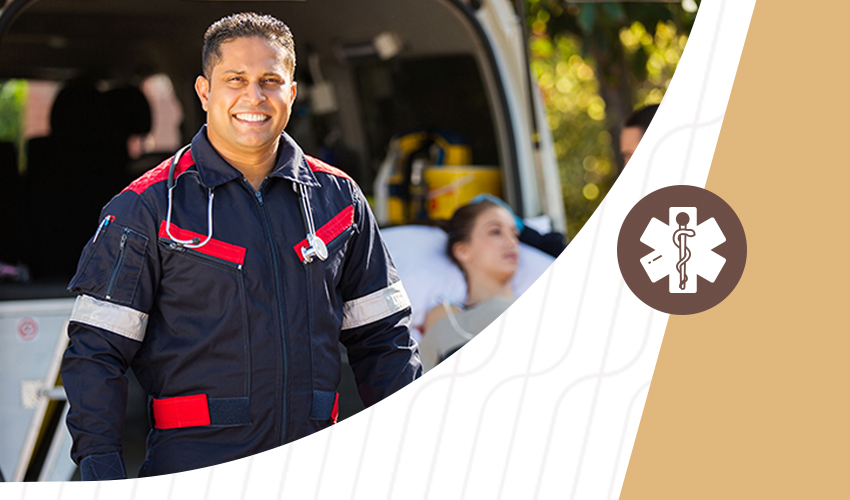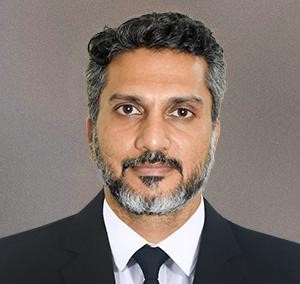- Our Doctors
- Our Specialities
Super Speciality
-
 Clinical Laboratory and Pathology
Clinical Laboratory and Pathology
-
 Clinical Nutrition and Dietetics
Clinical Nutrition and Dietetics
-
 Critical Care
Critical Care
-
 Dental and Maxillofacial Surgery
Dental and Maxillofacial Surgery
-
 Dermatology
Dermatology
-
 Ear, Nose and Throat (ENT)
Ear, Nose and Throat (ENT)
-
 Emergency and Trauma
Emergency and Trauma
-
 Endocrinology and Metabolic Disease
Endocrinology and Metabolic Disease
-
 Family Medicine
Family Medicine
-
 General and Laparoscopic Surgery
General and Laparoscopic Surgery
-
 General Medicine
General Medicine
-
 Heart and Lung Transplant
Heart and Lung Transplant
-
- Key Procedures
- Our Hospitals
- International Patient
- Royal Suite
-
Quick Links



Meet Our Doctor
Experienced Medical professionals for a superior patient experience.
Why Choose Us
Lorem ipsum dolor sit amet consectetur adipisicing elit.
Lorem ipsum dolor, sit amet consectetur adipisicing elit. Velit, expedita. Illum saepe, ducimus dolor ut aliquid debitis temporibus! Enim deleniti id laudantium quidem corrupti voluptatem repellat, aperiam nobis modi aliquam.

Experienced Cardiologists

Personalized Patient Care

State-of-the-Art Facilities

Fast Recovery Times
Frequently Asked Questions
What is life support?
Laymen's term for a Mechanical Ventilator is usually known as life support. Patients who need less lung support than mechanical ventilation may simply have a mask over their mouths and nose to deliver oxygen. Another form of life support is Dialysis.
What is the difference between critical care and emergency medicine?
Critical care is the long-term treatment of patients who have an illness that threatens their life. Emergency medicine is the short-term treatment of those patients; it is also the treatment of patients who have a minor injury such as a broken arm or other injuries. Patients from Emergency medicine can be transferred to CCU if needed.
What kind of illnesses requires CCU care?
- Myocardial infarction (heart attack)
- Shock
- Arrhythmia
- Congestive heart failure
- Respiratory failure
- Pneumonia
- Pulmonary embolus
- Kidney failure
- Stroke
- Encephalopathy
- Sepsis
- Ventilator-associated pneumonia
- Catheter-related infection
- Drug-resistant infection
- Severe accidents and trauma



































































